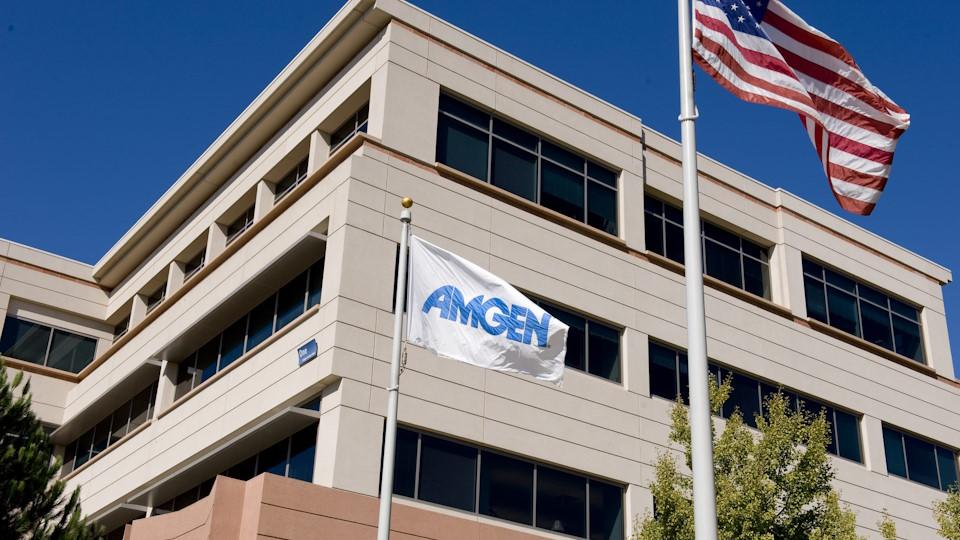Amgen to face investor lawsuit over $10.7bn tax liability disclosure

A federal judge in New York has ruled that Amgen must answer to claims of misleading investors about billions owed to US tax authorities, allowing a securities-fraud class action to proceed against the pharmaceutical giant.
The District Court for the Southern District of New York sided with the lead plaintiff, the Asbestos Workers Philadelphia Pension Fund, in its decision to move forward with the lawsuit. The case centres on allegations that Amgen failed to adequately disclose a massive $10.7 billion tax liability, potentially inflating its stock price.
The lawsuit, originally filed by the Roofers Local No. 149 Pension Fund in 2023, alleges that Amgen misled shareholders by failing to disclose the full extent of its tax dispute with the Internal Revenue Service (IRS), leading to artificially inflated stock prices.
Moreover, Amgen is accused of downplayed the tax dispute by using vague descriptors like "substantial" and "significant" when referring to the potential financial impact. The pension fund alleges that Amgen's management had a legal obligation to inform investors about the exact figures related to the tax dispute, but instead kept them in the dark, concealing the true magnitude of the risk.
Also at issue is Amgen's tax strategy involving its operations in Puerto Rico, where the company benefits from tax incentives. The IRS contends that Amgen's profit-shifting practices between Puerto Rico and its US operations have been improperly utilized for years.
US District Judge John P Cronan denied Amgen's motion to dismiss the case, allowing the lawsuit to proceed. In his ruling, Judge Cronan emphasised that once Amgen chose to speak on the matter, it had an obligation to fully disclose the tax liabilities in question. The judge likened Amgen's selective disclosure to "a child who tells his parents he had dessert when in fact he consumed an entire cake."
The court's decision could have far-reaching implications for corporate financial disclosure practices, particularly within the pharmaceutical and biotech industries where complex tax issues are common.
Amgen has maintained that it was not legally required to reveal specific amounts related to the dispute, arguing that its initial disclosures were sufficient. However, the court found that omitting the $10.7 billion tax bill could be construed as reckless, as it concealed the true scope of the company's financial risks from investors.
As of now, neither Amgen nor the pension fund has commented on the court's latest ruling.












